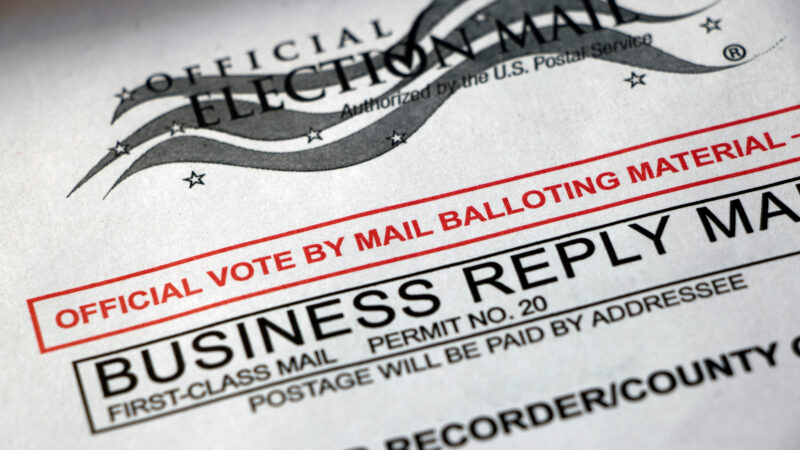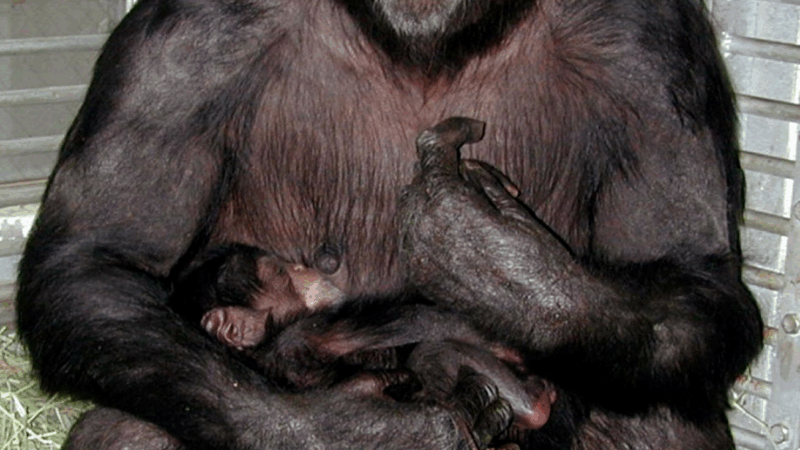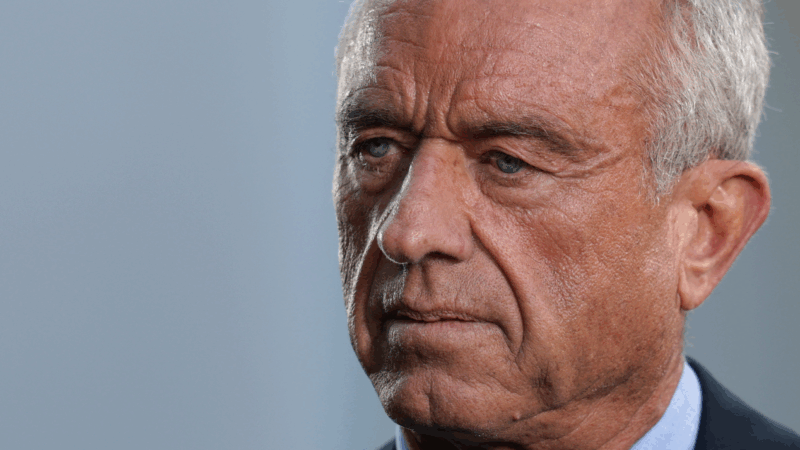Judge limits scope of lawsuit challenging Alabama restrictions on help for absentee ballot applications
MONTGOMERY, Ala. (AP) — A federal judge has sided with the state of Alabama in narrowing the scope of a lawsuit challenging a new law that criminalizes some ways of helping other people to apply for an absentee ballot.
Chief U.S. District Judge David Proctor ruled Wednesday that civic groups can pursue just one of their claims: that the law’s ban on gifts or payment for application assistance violates the Voting Rights Act’s assurances that blind, disabled or low-literacy voters can get help from a person of their choice. The judge granted the state’s request to dismiss the other claims raised in the lawsuit.
Alabama is one of several Republican-led states imposing new limits on voter assistance. State Republicans said they’re needed to combat voter fraud. The federal lawsuit by the American Civil Liberties Union of Alabama, the Legal Defense Fund and the Campaign Legal Center says it “turns civic and neighborly voter engagement into a serious crime.”
The new law, originally known as Senate Bill 1, makes it illegal to distribute an absentee ballot application that is prefilled with information such as the voter’s name, or to return another person’s absentee ballot application. And it created a felony, punishable by up to 20 years in prison, to give or receive a payment or a gift “for distributing, ordering, requesting, collecting, completing, prefilling, obtaining, or delivering a voter’s absentee ballot application.”
Proctor said the organizations made a plausible claim that the restriction on compensation “would unduly burden a voter’s selection of a person to assist them in voting.” Plaintiffs said their paid staff members or volunteers, who are given gas money or food, could face prosecution for helping a voter with an application.
“A blind, disabled, or illiterate voter may require assistance ordering, requesting, obtaining, completing, and returning or delivering an absentee ballot application. Such assistance is guaranteed by Section 208, but it is now criminalized under SB 1 when done by an assistor paid or given anything of value to do so, or when the assistor provides any gift or payment to a voter,” Proctor wrote.
The new law has forced voter outreach groups to stop their work ahead of the general election. Alabama voters wishing to cast an absentee ballot in the Nov. 5 election have until Oct. 31 to hand deliver their absentee application. The deadline is two days earlier if they are mailing the application.
Kathy Jones of the League of Women Voters of Alabama said last month that the group has “basically had to stand down” from helping people with absentee ballot applications because of the uncertainty and fear.
Alabama had asked to have lawsuit dismissed in its entirety. The state attorney general’s office did not immediately comment on the decision.
“We are glad that the court recognized the rights of blind, disabled, and low-literacy voters in this order and that our claim under the Voting Rights Act will proceed,” lawyers for plaintiffs said in a joint statement Friday. “While we are disappointed that the court dismissed some of our other important claims, we intend to do everything we can in this case (and beyond) to ensure Alabamians can participate in our democracy fully and freely.”
The plaintiffs include the NAACP of Alabama, the League of Women Voters, the Greater Birmingham Ministries and the Alabama Disabilities Advocacy Program.
Opinion: Remembering Ai, a remarkably intelligent chimpanzee
We remember Ai, a highly intelligent chimpanzee who lived at the Primate Research Institute of Kyoto University for most of her life, except the time she escaped and walked around campus.
The near death — and last-minute reprieve — of a trial for an HIV vaccine
A trial was about to launch for a vaccine that would ward off the HIV virus. It would be an incredible breakthrough. Then it looked as if it would be over before it started.
Bessemer data center developer to request rezoning for additional 900 acres
The city’s attorney informed council members of the request on Tuesday, warning that there may be media scrutiny.
Is RFK Jr.’s Administration for a Healthy America — AHA — in the works or not?
The Administration for a Healthy America is RFK Jr.'s plan to tackle chronic disease, addiction and other persistent problems. But so far it's not being set up like previous new agencies.
They quit their day jobs to bet on current events. A look inside the prediction market mania
Prediction market apps are thriving in Trump's second term, with traders betting on migrant deportations to election outcomes. A community of young, mostly male and very online traders are driving the industry's bonanza.
Major plumbing headache haunts $13 billion U.S. carrier off the coast of Venezuela
The crew of USS Ford is struggling to handle sewage problems on board the Navy's newest carrier.





